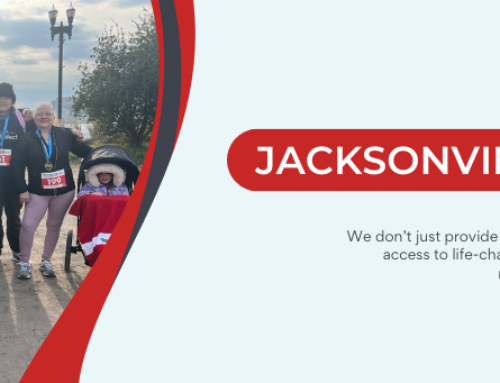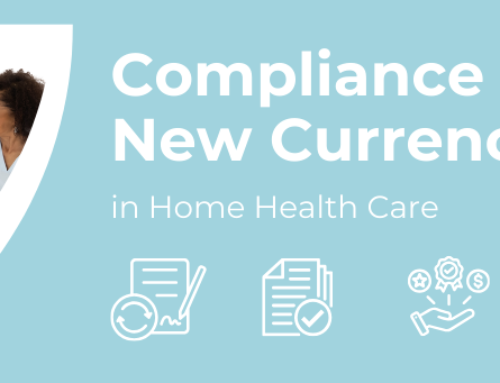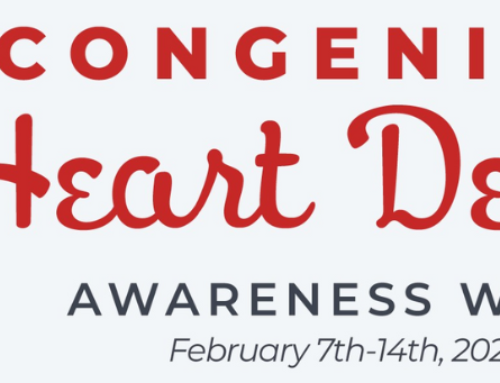When a family member faces serious health challenges, finding the right medical care becomes a top priority. Many families discover that traditional nursing facility care isn’t always the best fit for their loved one’s unique needs. This is where a private duty nurse becomes an invaluable healthcare solution.
A Brief Overview: A private duty nurse is a registered nurse or licensed practical nurse who provides one-on-one care to patients in their homes. Unlike standard home health services that offer periodic visits, private duty nursing delivers continuous care tailored to individual needs. This personalized approach allows patients to receive skilled nursing services in familiar surroundings.
Private duty nursing serves patients of all ages, from medically fragile children to adults managing chronic conditions. The one-on-one attention ensures that each patient receives focused medical care that addresses their specific health status and medical condition requirements.
Types of Private Duty Nurses
Registered Nurses (RNs): Registered nurses provide the highest level of in-home medical care. They are qualified to administer complex medications and treatments, perform advanced medical procedures, monitor vital signs, assess health status, coordinate care with other professionals, and make critical healthcare decisions.
Licensed Practical Nurses (LPNs/LVNs): LPNs work under the supervision of RNs or physicians. They provide essential medical care, including monitoring patient health, assisting with medication management, offering basic treatments, and helping patients with daily living activities.
Pediatric Private Duty Nurses: These nurses specialize in caring for children with complex medical needs. They often have additional pediatric training, hold certifications like Pediatric Advanced Life Support (PALS), and are experienced in operating specialized pediatric equipment.
Geriatric Private Duty Nurses: These nurses focus on elderly patients with chronic conditions such as dementia or mobility challenges. Many pursue gerontological nursing certification to provide specialized care for older adults.
Qualifications and Certifications
Registered Nurse (RN) Qualifications
-
- Education:
- Complete an Associate Degree in Nursing (ADN) or a Bachelor of Science in Nursing (BSN).
- Licensing:
- Pass the NCLEX-RN exam to obtain a state license.
- Experience:
- Most agencies require prior clinical experience in hospitals, acute care, or home health before private duty assignments.
- Certifications:
- BLS (Basic Life Support) – Required.
- ACLS (Advanced Cardiovascular Life Support) – Common for advanced care roles.
- Education:
- Specialty Certifications:
-
-
- Pediatric Advanced Life Support (PALS) for pediatric care.
- Certified Pediatric Nurse (CPN) for pediatric specialists.
- Gerontological Nurse – Board Certified (GERO-BC) for geriatric specialists.
-
- Continuing Education:
-
- Ongoing CEUs required for license renewal and specialty certifications.
Licensed Practical Nurse (LPN/LVN) Qualifications
- Education:
-
-
- Complete a 1–2 year Practical Nursing program (diploma or certificate).
-
- Licensing:
-
-
- Pass the NCLEX-PN exam to obtain a state license.
-
- Experience:
-
-
- Some agencies require experience in hospitals or long-term care settings before home care roles.
-
- Certifications:
-
-
- BLS (Basic Life Support) – Required.
- PALS (Pediatric Advanced Life Support) – Often required for pediatric assignments.
-
- Specialty Certifications:
-
-
- While less common for LPNs, pediatric or geriatric specialty training is a plus.
-
- Continuing Education:
-
- State boards typically require ongoing CEUs for LPN license renewal.

Who Needs Private Duty Nursing Services?
Private duty nursing services benefit a wide range of patients facing various health challenges. Understanding who qualifies helps families determine if this care option meets their needs.
Patients with Chronic Conditions
Individuals managing chronic conditions often require ongoing medical support that goes beyond what family members can provide. Common conditions include:
- Respiratory disorders
- Feeding disorders
- Hematologic disorders
- Colostomies
- Neurological disorders
- Immunological disorders
Medically Fragile Children
Fragile child patients represent a significant portion of private duty nursing cases. These children may have:
- Neuromuscular disorders
- Endocrine disorders
- Gastrointestinal disorders
- Neurological disorders
- Quadriplegia/paraplegia
- Premature birth
Legal guardians of these children often find that private duty nursing allows their fragile child to thrive at home while receiving necessary medical attention.
Post-Surgical Recovery
Patients recovering from major surgeries may need temporary private duty nursing to:
- Monitor surgical sites and prevent complications
- Manage pain medication safely
- Assist with mobility and rehabilitation
- Provide family member support during recovery
Chronic Illness Management
Those dealing with chronic illness benefit from the consistent monitoring and care that private duty nursing provides. This includes patients with conditions requiring:
- Regular vital signs monitoring
- Medication adjustments based on health status
- Coordination with multiple healthcare providers
- Support for maintaining independence in daily activities

Services Provided by Private Duty Nurses
Private duty nursing encompasses a comprehensive range of medical care services designed to meet each patient’s specific needs.
Core Medical Services
Medication Management
Private duty nurses excel at medication management, ensuring patients receive the right medications at the right times. This includes:
- Administering oral, injectable, and IV medications
- Monitoring for drug interactions and side effects
- Educating patients and families about medications
- Coordinating with healthcare providers for adjustments
Vital Signs Monitoring
Regular monitoring of vital signs helps detect changes in health status early. Nurses track:
- Blood pressure and heart rate
- Temperature and respiratory rate
- Oxygen saturation levels
- Pain levels and comfort measures
Specialized Care Procedures
Skilled nursing care includes advanced medical procedures that require professional training:
- Catheter care and management
- Respiratory therapy and equipment operation
Daily Living Support
Beyond medical care, private duty nurses provide one-on-one attention that helps patients maintain their daily routine. This includes:
- Personal hygiene assistance
- Meal planning and nutritional support
- Safety monitoring and fall prevention
- Emotional support and companionship
Care Coordination
Private duty nurses serve as important links between patients and their healthcare team. They:
- Communicate with healthcare providers about patient progress
- Schedule appointments and coordinate services
- Maintain detailed medical records
- Provide family member education and support
The PDN service model ensures that patients receive consistent, high-quality care that adapts to their changing medical needs over time.

Benefits and Getting Started with Private Duty Nursing
Choosing private duty nursing over traditional nursing community care offers numerous advantages for patients and families.
Key Benefits of In-Home Care
- Personalized Attention: Unlike nursing facilities where staff care for multiple patients, private duty nursing provides dedicated one-on-one attention focused solely on individual needs.
- Familiar Environment: Patients recover and manage health conditions more effectively when they remain in comfortable, familiar surroundings with family nearby.
- Family Involvement: Private duty nursing encourages family member participation in care, strengthening support systems and improving outcomes.
- Flexible Scheduling: Care adapts to the patient’s daily routine rather than institutional schedules, promoting better quality of life.
Finding Quality Private Duty Nursing Services
When searching for reliable care, families should look for providers through reputable private duty registries that offer:
- Thoroughly screened and licensed nursing professionals
- Comprehensive background checks and references
- Ongoing training and certification maintenance
- 24/7 support and care coordination
- Experience with specific medical conditions and unique needs
Quality home health services prioritize patient safety, family communication, and positive health outcomes above all else.






Leave A Comment